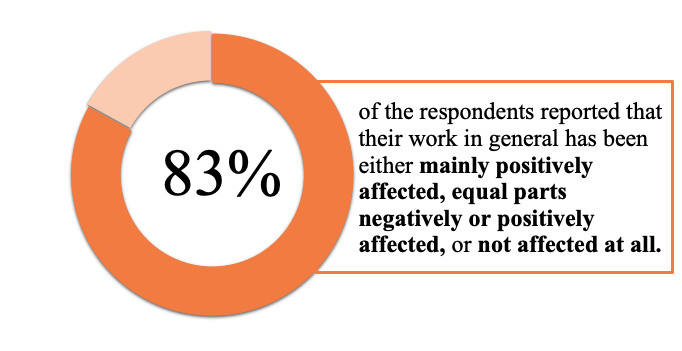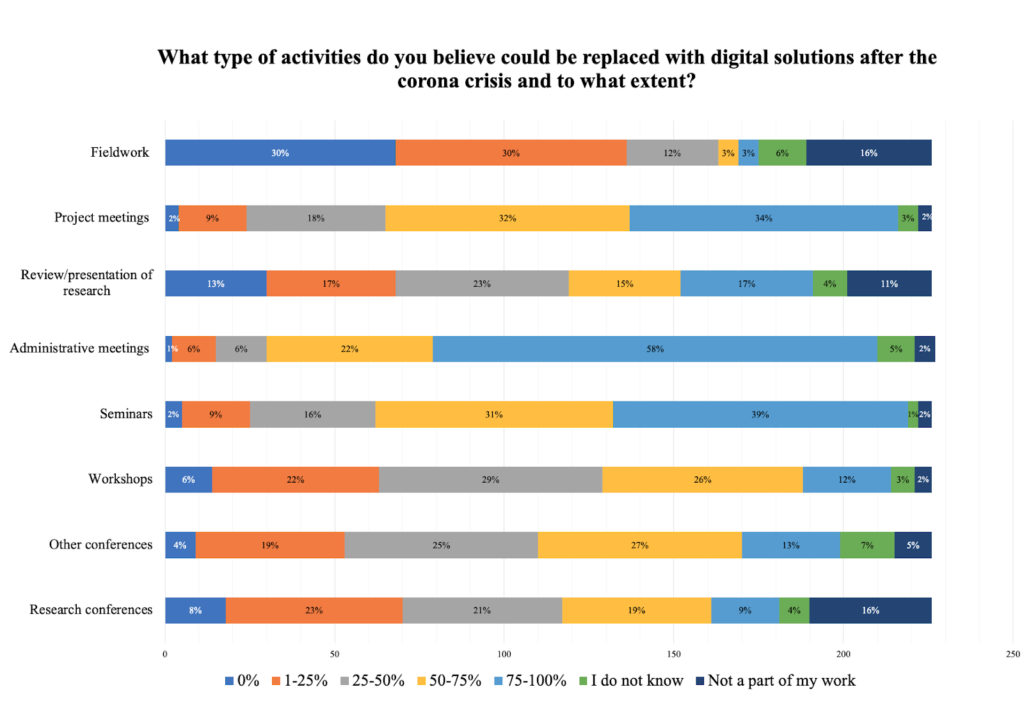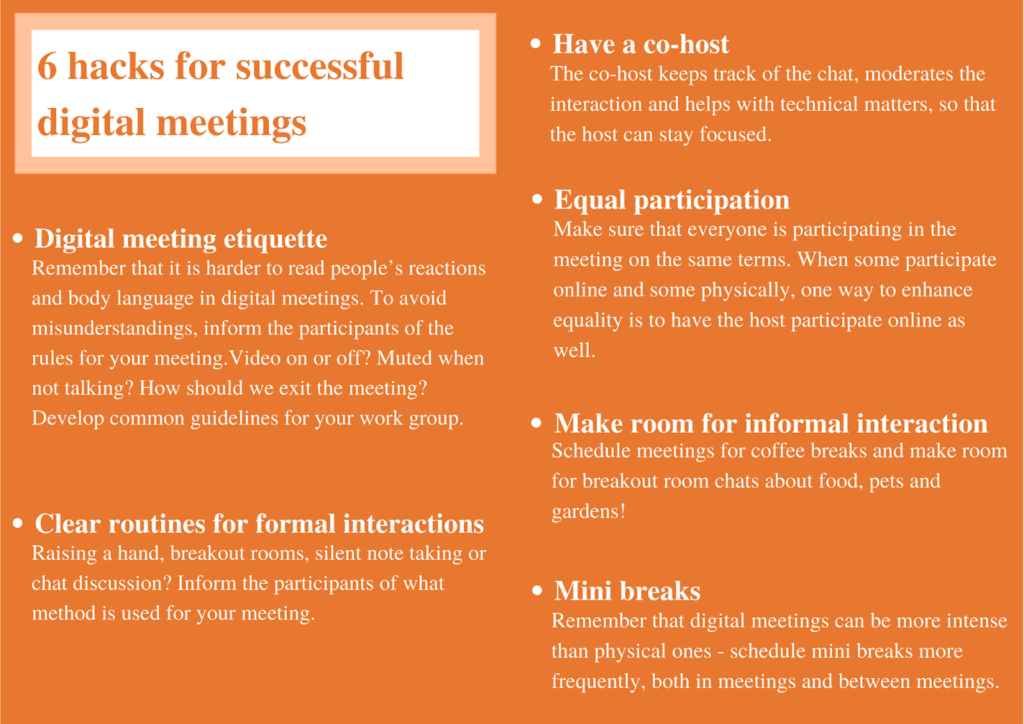The coronavirus pandemic has drastically changed international travel, a typical activity for researchers and academics. It suddenly became customary to replace business trips with digital alternatives whenever possible. Four students at SLU decided to study the implications. The results of their inquiry reveal a great untapped potential to reduce emissions from academic travel by conducting a larger share of academic activities digitally, without compromising the quality of research.
Academia in a burning climate crisis
The topic of GHG emissions from academia in general and academics’ air travel, in particular, has been the focus of a growing number of publications in scientific journals and in mainstream media. This should be understood against a backdrop of factors such as i) the climate crisis itself, ii) the notion of aviation as one of the fastest-growing sources of GHG emissions characterised by a slow technological development unlikely to compensate for the estimated growth in demand, and iii) the recognition of academic researchers as among the highest emitters when it comes to international air travel, but also as potential leaders in the transition to society living within the planetary boundaries, if combining advocacy with changes in their own emission habits.
This debate has resulted in various commitments, initiatives and responsibilities for higher education institutions (HEIs) around the world. With air travel being one of the universities’ largest sources of GHG emissions, the need to critically scrutinise the norms and practices of academic travel is apparent.
Prior to the pandemic, one could mainly speculate about the consequences of a drastic and large-scale reduction of travel in academia. University employees’ recently gained experiences of increased use of digital solutions that could replace longer business trips and pave the way for new norms and practices of academic travel.
In our study, we wanted to collect these experiences before they fell into oblivion. Through 25 semi-structured interviews and a survey with approximately 220 respondents, we sought to answer how employees at SLU experienced the cancellation of business trips and increased use of digital solutions. What trips were easily replaced and not? How was the quality of various academic activities (seminars, thesis defences, conferences, project meetings et cetera) affected by being held digitally?
Digital solutions replacing academic travel – what have we learnt?
Our study shows that there is a great, untapped potential to reduce emissions from academic travel without compromising the general quality of the research and work. By adopting a more thought-through mix of digital and physical meetings, where a larger share of activities are conducted digitally, academia can reduce GHG emissions while maintaining high-quality research and opening up for greater accessibility and participation.
A majority of the respondents were surprised by how well it had worked to replace longer business trips with digital alternatives, surprisingly well or beyond expectation were common formulations. An overwhelming majority (83%) of the survey respondents reported positive effects.



